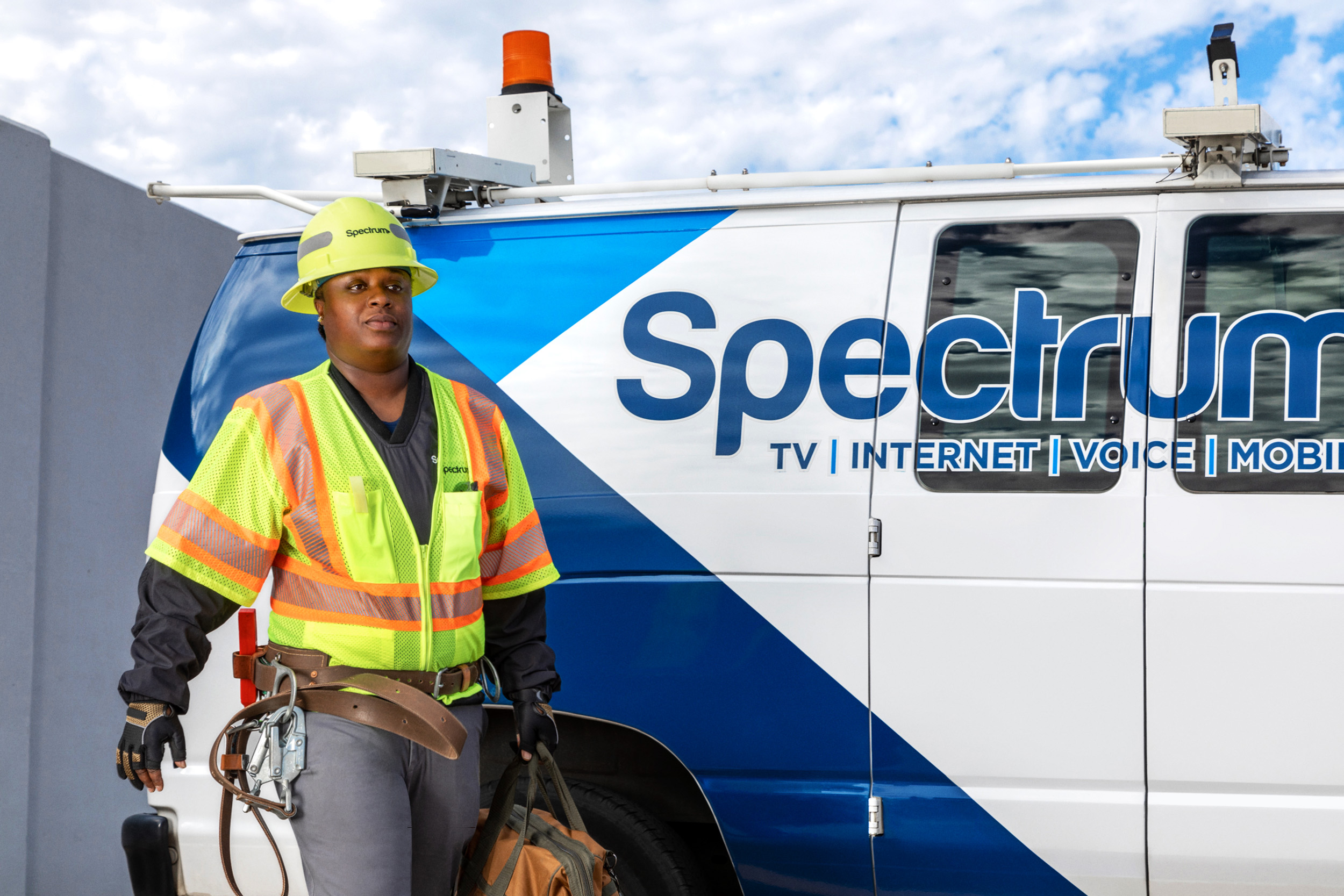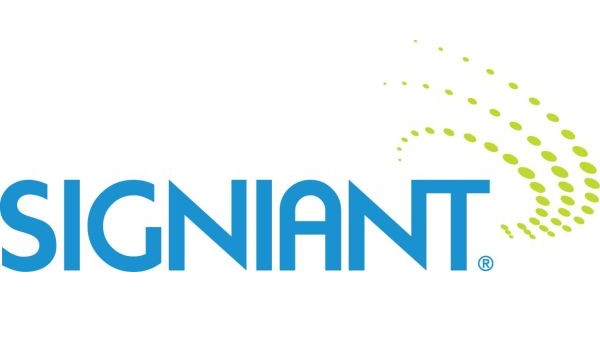
The professional video industry's #1 source for news, trends and product and tech information. Sign up below.
You are now subscribed
Your newsletter sign-up was successful
Charter Communications and Cox Communications announced today that the two companies will merge in a deal valued at $34.5 billion. The transaction—which consists of $21.9 billion in equity with $12.6 billion in net debt—combines the nation’s second- and fourth-largest broadband providers with an estimated 36.5 million broadband subscribers. If approved, the merger could make it the nation’s largest cable-based broadband provider, leapfrogging Comcast’s 32 million.
Cox Communications, a division of Cox Enterprises, is the largest privately held broadband company in the U.S., with about 6.5 million total residential and commercial customers. Charter reported 30 million broadband customers at the end of the first quarter.
Under the agreement, Charter will acquire Cox’s commercial fiber, IT, and cloud businesses, while Cox’s residential cable operations will be contributed to Charter Holdings, an existing Charter partnership. In exchange, Cox Enterprises will receive $4 billion in cash, $6 billion in convertible preferred units and 33.6 million common units in Charter Holdings, giving it about 23% ownership in the combined company post-closing. The transaction is contingent on regulatory and shareholder approvals and is expected to close alongside the Liberty Broadband merger, announced last fall.
If approved, the new entity will become Cox Communications and the combined company will have a wider national footprint. Charter has subscribers in 41 states, making it available to 57 million homes and businesses. Cox Communications provides broadband services across 18 U.S. states, with a strong presence in the South, Southwest, and select East Coast regions.
Charter’s Spectrum will become the consumer-facing brand within the communities Cox serves. The combined company will remain headquartered in Stamford, Connecticut, and will maintain a significant presence on Cox’s Atlanta campus following the closing.
The merger is the latest indication of the pressure the cable TV industry has been under for the past decade, as cord-cutting has decimated its video business and wireless providers increasingly market 5G wireless alternatives. Although cable broadband still reigns nationwide with 76.1 million subscribers, Fixed Wireless Access, (aka 5G wireless services) provided by AT&T, Verizon and T-Mobile have approximately 11.5 million subscribers nationwide and is the fastest growing market segment.
Both Charter and Cox also provide mobile broadband services, with Charter reporting 10.5 million mobile lines as of March 31. Although Cox doesn’t report wireless subscribers, its Cox Mobile service is available in 19 states and Washington, D.C., making it available to 7 million subscribers nationwide.
The professional video industry's #1 source for news, trends and product and tech information. Sign up below.
Following the merger, Charter president and CEO Chris Winfrey will lead the combined company and Alex Taylor, chairman and CEO of Cox Enterprises, will join the board as Chairman. Eric Zinterhofer, chairman of Charter’s Board of Directors will become the lead independent director on Charter’s board.
“We’re honored that the Cox family has entrusted us with its impressive legacy and are excited by the opportunity to benefit from the terrific operating history and community leadership of Cox,” said Chris Winfrey, President and CEO of Charter. “Cox and Charter have been innovators in connectivity and entertainment services—with decades of work and hundreds of billions of dollars invested to build, upgrade and expand our complementary regional networks to provide high-quality internet, video, voice and mobile services.
“This combination will augment our ability to innovate and provide high-quality, competitively priced products, delivered with outstanding customer service, to millions of homes and businesses,” Winfrey continued. “We will continue to deliver high-value products that save American families money, and we’ll onshore jobs from overseas to create new, good-paying careers for U.S. employees that come with great benefits, career training and advancement, and retirement and ownership opportunities.”
Tom has covered the broadcast technology market for the past 25 years, including three years handling member communications for the National Association of Broadcasters followed by a year as editor of Video Technology News and DTV Business executive newsletters for Phillips Publishing. In 1999 he launched digitalbroadcasting.com for internet B2B portal Verticalnet. He is also a charter member of the CTA's Academy of Digital TV Pioneers. Since 2001, he has been editor-in-chief of TV Tech (www.tvtech.com), the leading source of news and information on broadcast and related media technology and is a frequent contributor and moderator to the brand’s Tech Leadership events.

